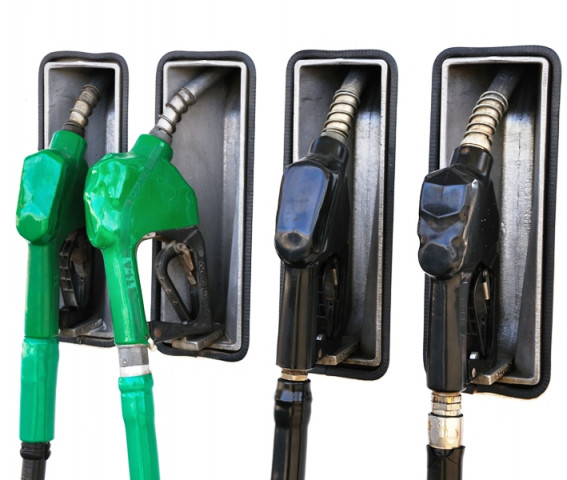CCI likely to approve new petroleum policy for 2012-13
Exploration and Production Policy 2012 ensures higher gas prices.

“After the new policy is ratified, the government hopes to auction 36 blocks to oil and gas exploration companies,” an official of the petroleum ministry said.
The current wellhead gas price is $4.5 per Million British Thermal Unit (MMBTU), while the petroleum ministry has proposed $6 to $9 per MMBTU. The petroleum ministry has also proposed a price bonanza of $1 per MMBTU for offshore fields, for the first three discoveries of offshore reserves.
According to the draft of the Petroleum Exploration and Production Policy 2012, provinces have been allowed to receive royalty in the form of gas – instead of cash – to meet energy requirements of the province. However, this can only be implemented after formal approval of the federal government. Provinces have also been allowed to utilise 50% of the royalty in the district where the oil and gas is produced; for infrastructure development and to placate unrest among the disturbed local populace.
To settle the dispute between provinces and the federal government over oil and gas reserves, a technical committee under the chairmanship of the secretary, Petroleum and Natural Resources, will be formed. The committee will comprise of a nominee from each of the provinces, the Directorate General of Petroleum Concessions (DGPC), the Director General Gas, the Oil and Gas Regulatory Authority, transmission and distribution companies, Pakistan Petroleum Exploration and Production Companies Association, and concerned exploration and production (E&P) companies. The committee will be empowered to resolve key issues between E&P and gas marketing companies.
At present, Liquefied Petroleum Gas (LPG) is a deregulated product, and LPG producers determine its price. However, under the new policy, the regulator will determine the LPG producer price for new LPG projects. After the 18th amendment, provinces have been given 50% rights over oil and gas reserves, but the DGPC in the petroleum ministry has been given discretionary powers in this regard in the new petroleum policy.
For grant of petroleum rights after expiry of the lease period, the DGPC can renew the lease term for another five years if the existing leaser agrees to pay an amount equivalent to 15% of the wellhead value to the government; otherwise the DGPC will invite bids.
The federal government, in consultation with the provincial government, will also be able to share royalty, windfall production, windfall levies on crude oil, condensate and natural gas rentals, and revenues raised through any other method with locals of the area.
Under the new policy, exploration companies shall have the right to sell 10% of their share of pipeline specification of gas directly to any buyer, with prior consent from the government. Gas prices under the policy will also be extended to the companies who produce an additional 10% over and above their commitment in accordance with the approved development plan by the government, to the extent of additional production only.
Published in The Express Tribune, August 8th, 2012.



1733130350-0/Untitled-design-(76)1733130350-0-208x130.webp)















COMMENTS
Comments are moderated and generally will be posted if they are on-topic and not abusive.
For more information, please see our Comments FAQ